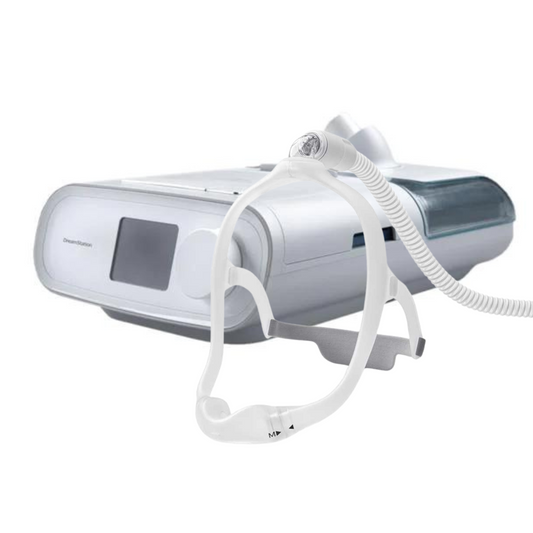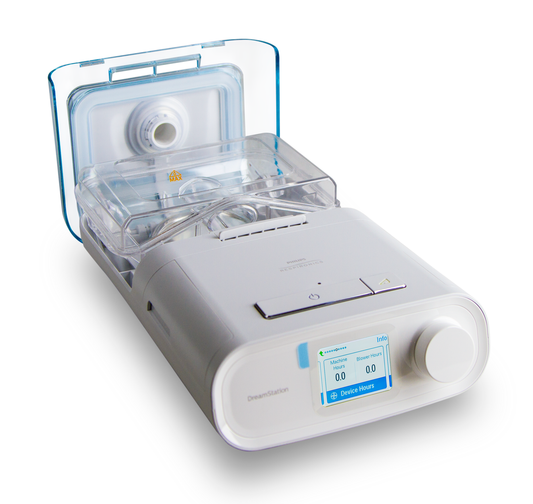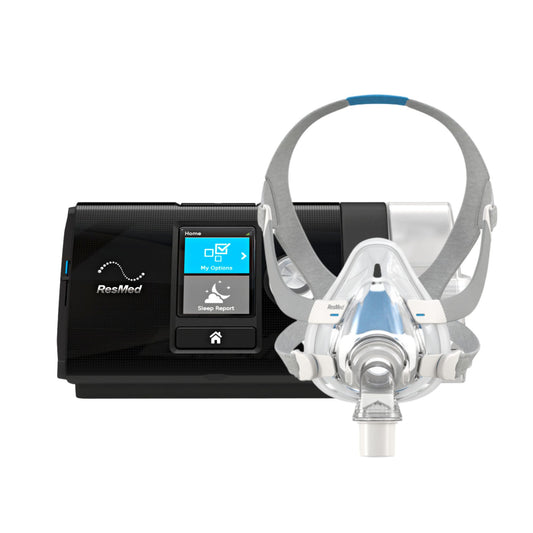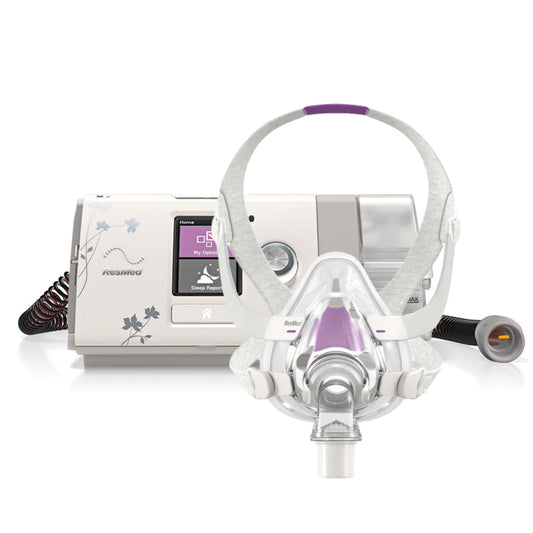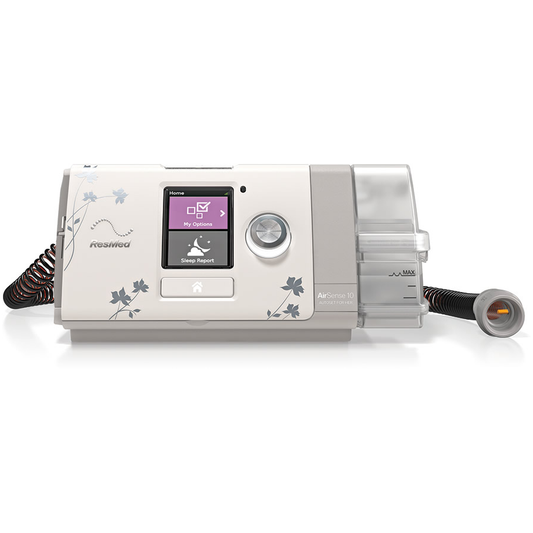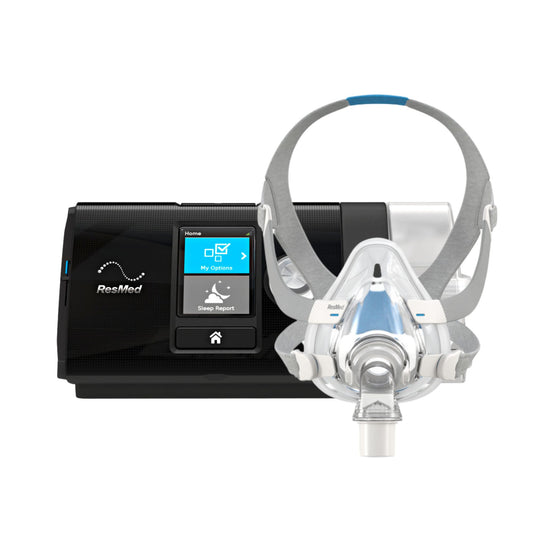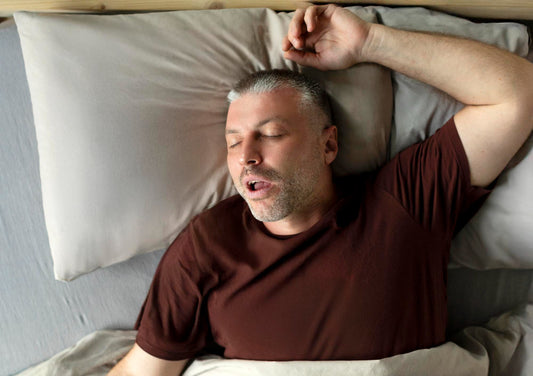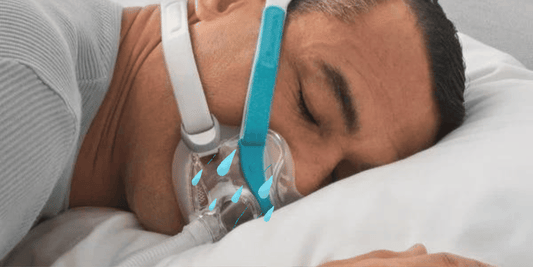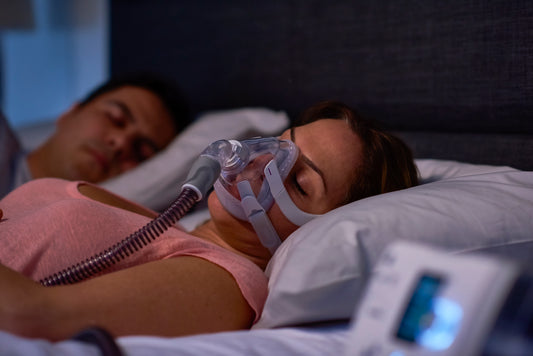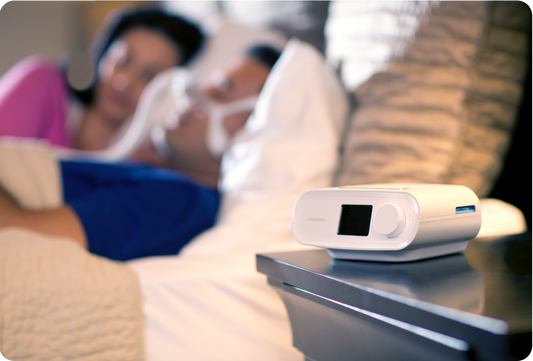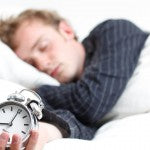
Is sleep a matter of lying down, closing one’s eyes and the entering into a state wherein normal bodily functions are suspended? This definition was assumed in the course of man’s history but we now know that sleep is a complex, active process of internal recuperation, restoration and reconsolidation which are all essential for our health and well-being. However, there are still some sleep myths that are observed by some.
What are these myths? Below are some of the wrong concepts about sleep.
The brain is inactive during sleep as it naturally shuts down. False! The brain is quite active during sleep as it sorts and process all information acquired during the day. These information are stored as long term memory which is a process that is essential for learning and recall.
It is possible to train or condition oneself to get by with less sleep. Not true! In general, an adult needs about 8b hours of sleep with some needing more, and others needing less. Each one has his own needs in terms of length of sleep. Lack of sleep leads to sleep debt, which is accumulation of missed hours of sleep. Sooner or later a person with sleep debt would have to catch up. Lack of sleep minimizes the brain’s performance.
Catching up on sleep on the weekend will neutralize the effects of loss sleep next week. False! Sleeping in on weekends will eliminate sleep debt but one cannot bank sleep w ay in advance in preparation for an anticipated lack of sleep.
Excessive sleepiness during the day can be “cured” by spending more time in bed. False. A good night’s sleep involves the correct timing, length and quality. There are many cases where a person cannot control his sleepiness during the day due medical reasons and/or sleep disorder. Obstructive sleep apnoea (OSA) can cause excessive sleepiness during the day. If a person spends a reasonable time sleeping and still feels tired during the day, a consult with a doctor is suggested.
Taking daytime naps does not help. Not true. Adults who sleep well through the night do not need to take daytime naps. But those who lost sleep at night can readily catch up on their sleep debt by napping during the day. Take note though that a long nap and one taken later than mid-afternoon are not advisable.
The brain can quickly and easily adjust to changes in one’s sleep schedule. False. Each person has his own internal body clock that is set by the rising and setting by the sun. The normal time to get sleepy is at night and the time to be most alert is in the morning. Changing time zones or shift work can upset a person’s internal body clock so time is needed to adjust to these changes. Until then, quality of sleep is affected.
Less sleep is required as one grows older. Not true. Children needs plenty of sleep in their growing up years. But as they reach young adulthood, the amount of sleep they need will be the same for the rest of their adult life. However, sleep becomes less efficient as one grows older due to various reasons.
Snoring is normal. Not really. Occasional snoring is quite common more so if a person is very tired. However, if the snoring is loud, disruptive and happens regularly, then a trip to a doctor may be necessary to rule out OSA.
There are more sleep myths! We will continue next week.
